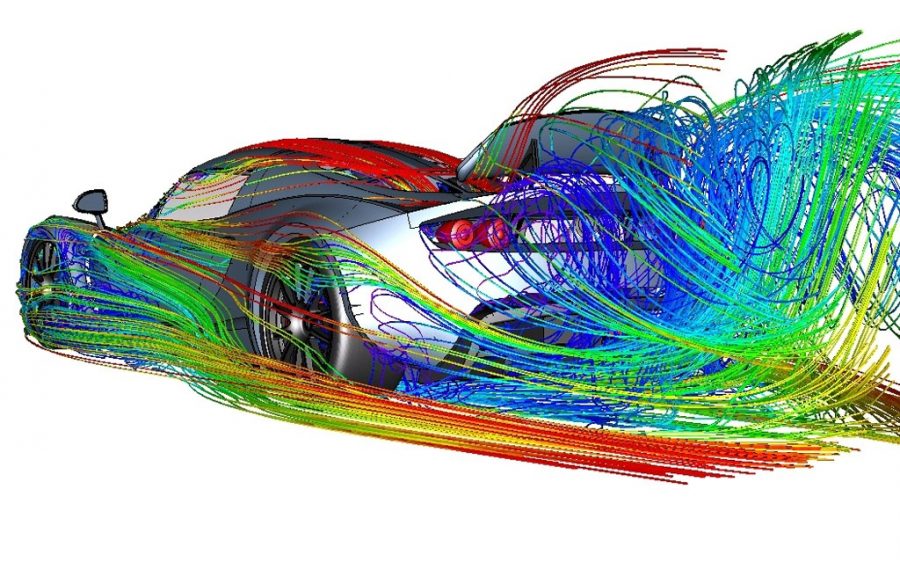CFD trading can have both advantageous and unfavorable features for traders like any other trading practices. People wanting to access the forex market should weigh up CFD’s benefits and drawbacks to understand if it is the right place for them.

Widely accessible
For individual traders, the CFD market is one of the most accessible industries. Within one to three days, traders can set up a CFD account to start trading for $100. Most brokers can sell online, and traders can access online trading sites for pricing, reports, market diagrams, instruments, and real-time policies. Also, the demand for CFD trading runs 24 hours a day and five days a week. Thus CFD trade can be more convenient than most trading arrangements.
High Leverage
Enabling leverage can make small trade gains, and large trade gains better. CFD leverage services are available like in any other market. Traders can have an entry to a margin allowing leverage of 100:1 or higher than the original invested capital based on where they are dealing.
Quick Returns
In CFD, the market is rapidly moving with strong liquidity. In tandem with the generally higher leverage of CFD traders, these features may mean a higher future return in the CFD market in contrast with others, where participants may have to sit tight for longer-term “organic” asset valuation development and profits from exchanged assets.
No stamp duty
Compared to traditional stock trading, CFD trading does not have a stamp duty to incur because you do not hold the underlying commodity. It is also because CFDs effectively reflect a contract between you and the CFD broker to trade the difference in the share value between this day and a tentative date.
Hedging Options
CFD exchange is a valuable hedge against risky market fluctuations for your securities. As the opening of positions needs only a limited amount of money, you can retain additional positions and produce income to balance risks or losses from other trading practices.
Another reason why CFD is a robust hedging method is its unrestricted access to commodities, indices, stocks, and currencies, and cryptocurrencies on numerous markets.
Automation
CFD trading is well suited for electronic exchange strategies as well. In particular research, CFD traders can create advanced electronic trades, schedule entries, stop-loss, and restrict rates or instill such price fluctuations or other factors on the market into the network.
A trader with a well-thought-out automated approach could benefit from the regular adjustments on the forex market without wasting the traders’ physical and mental ability to ensure that the new market shifts are held up.